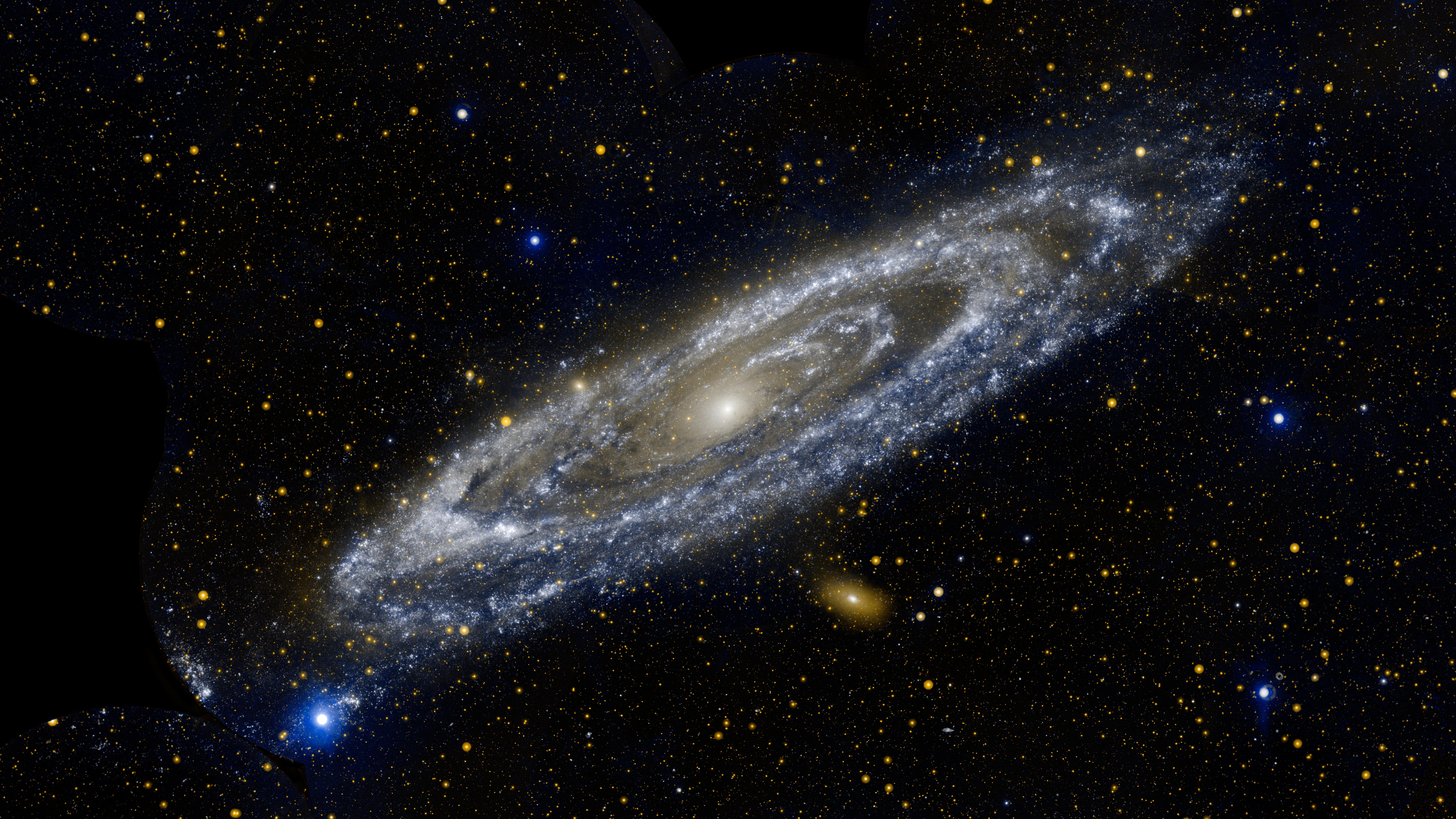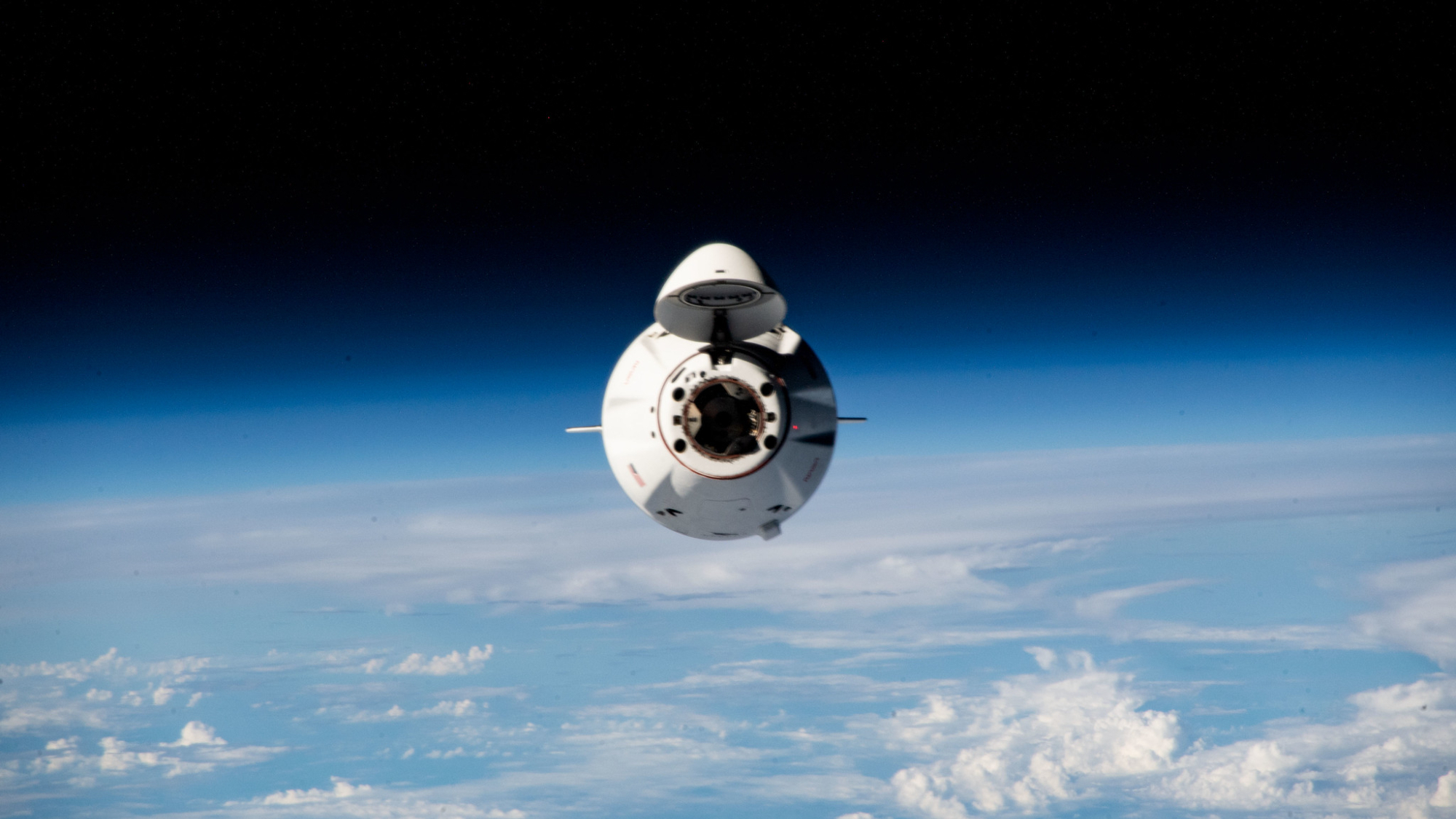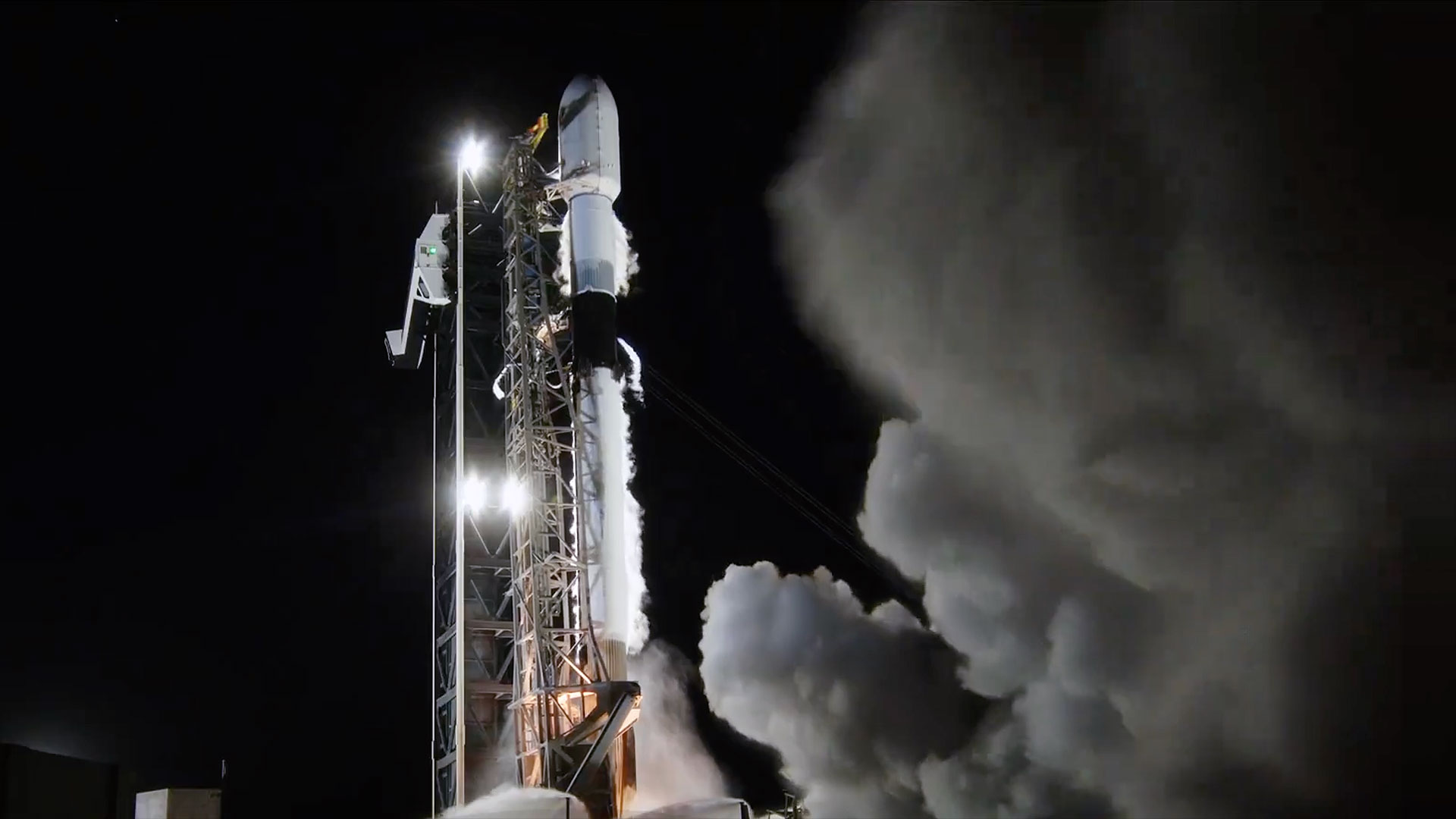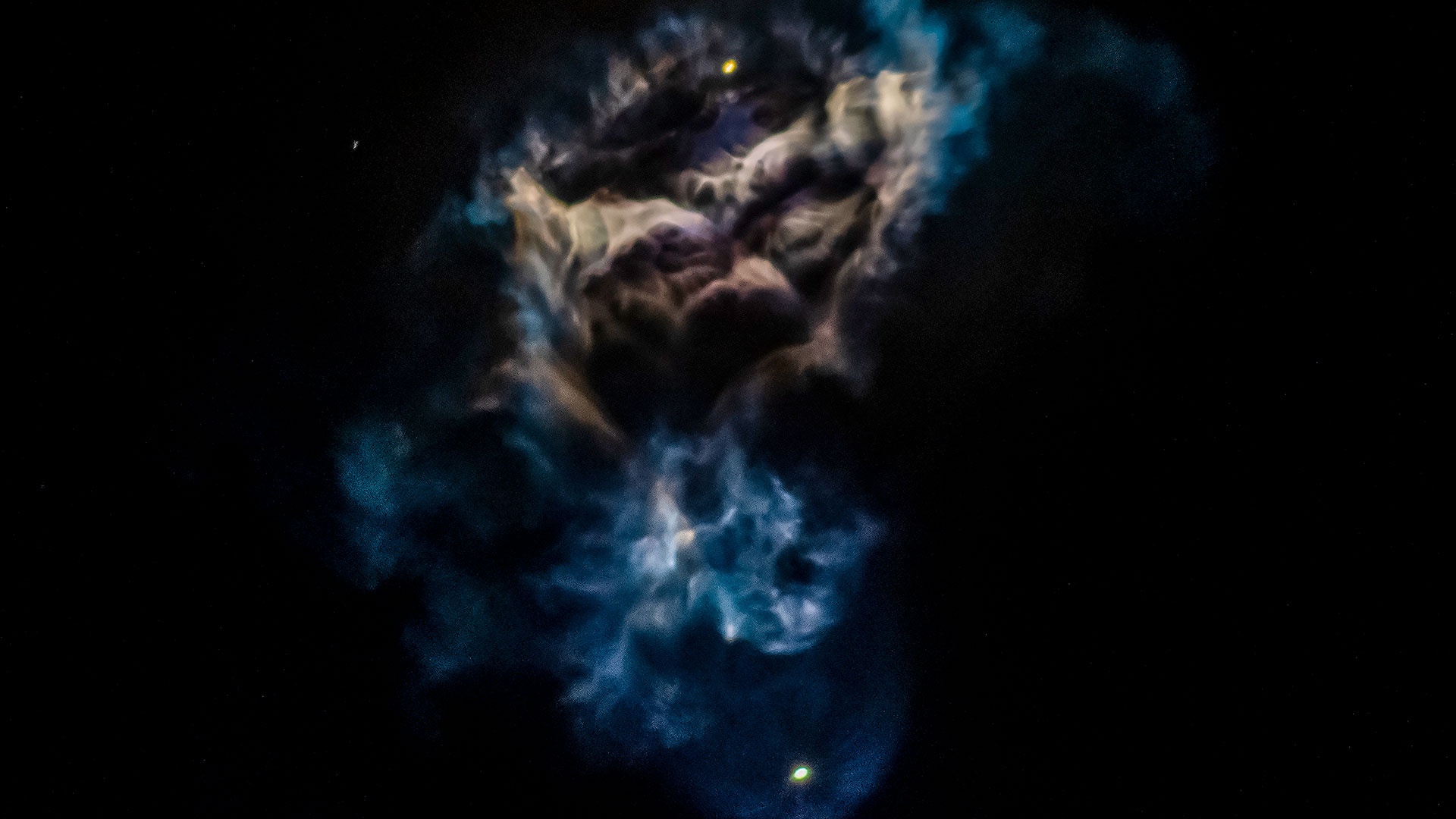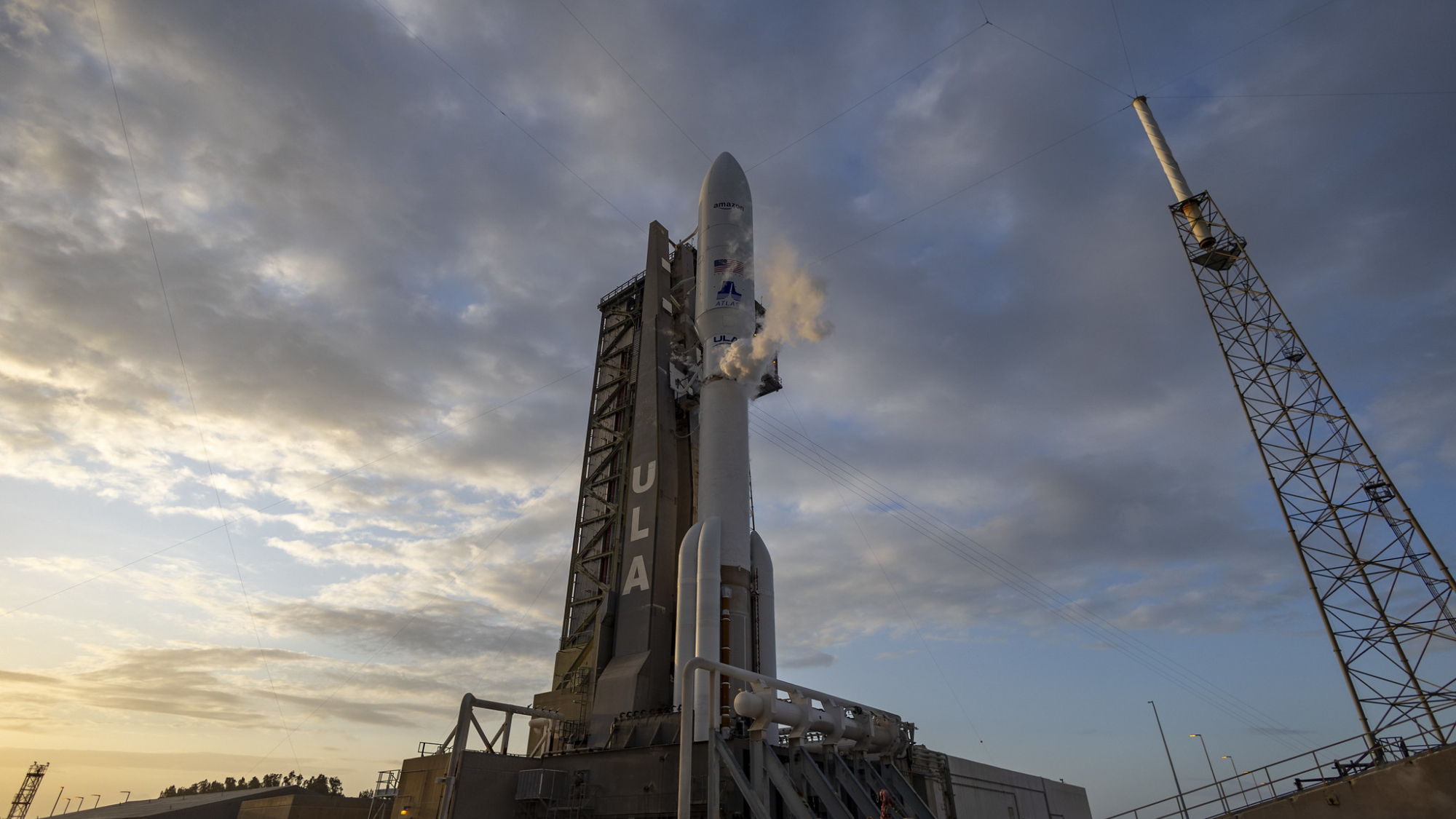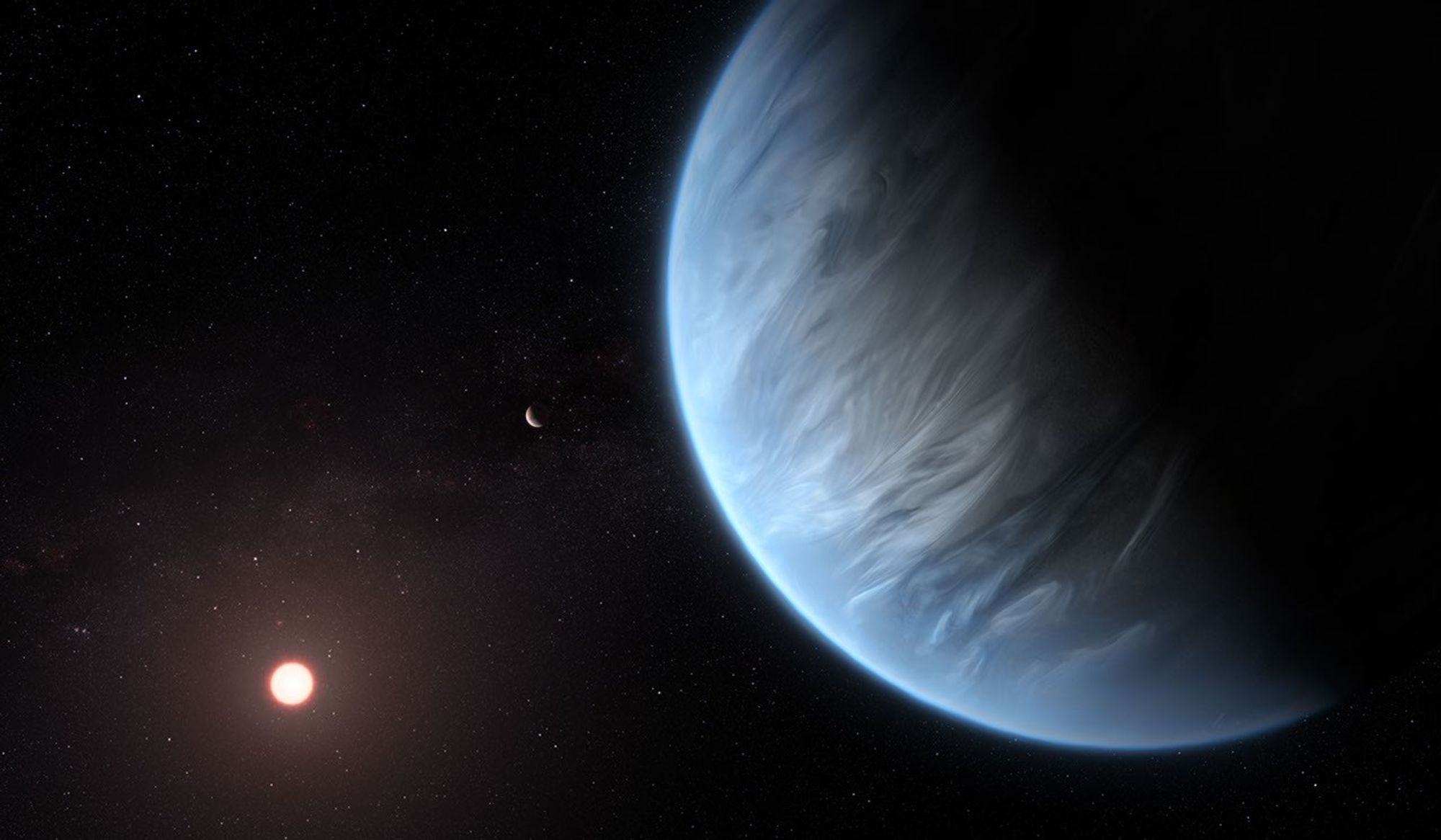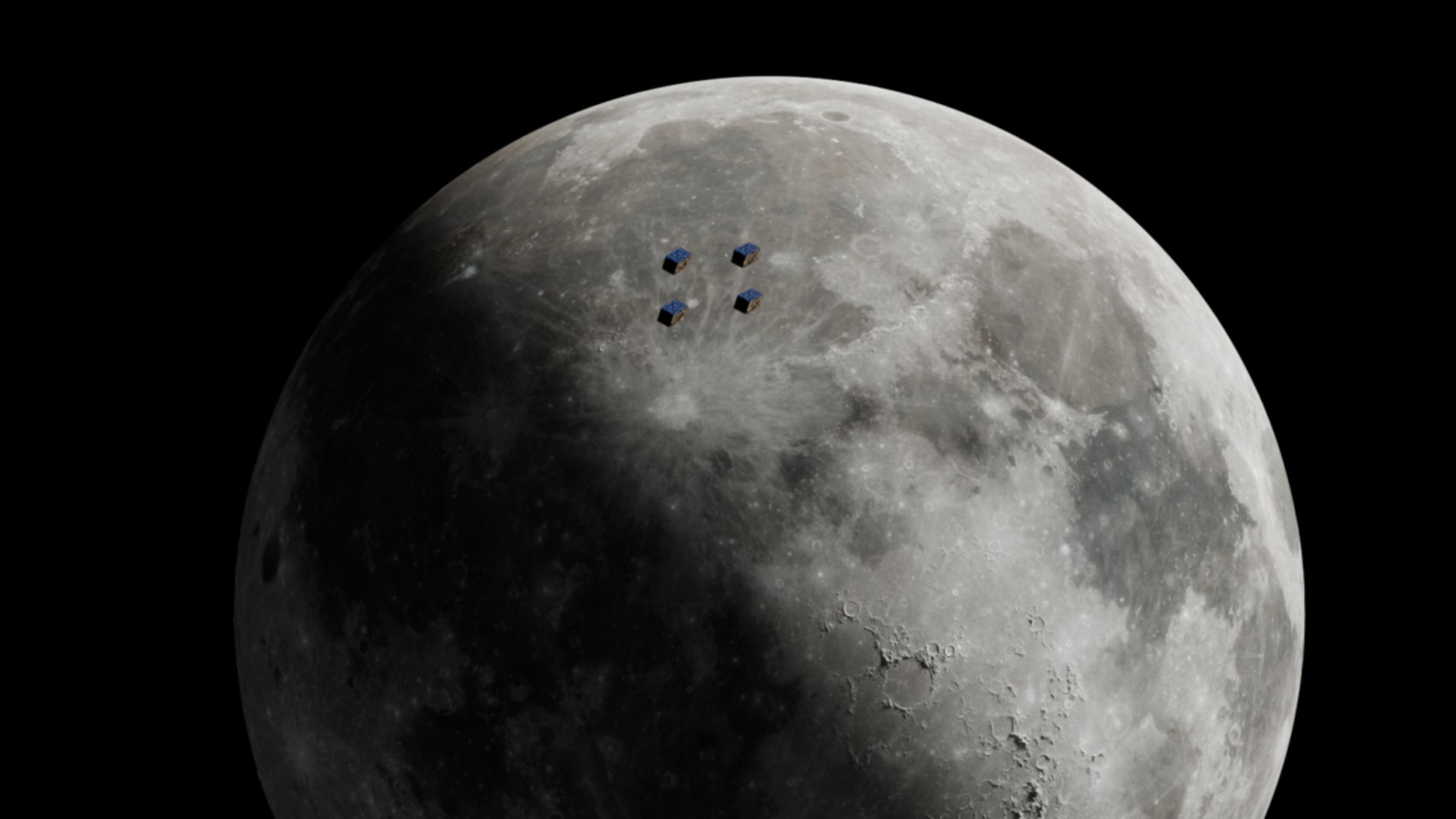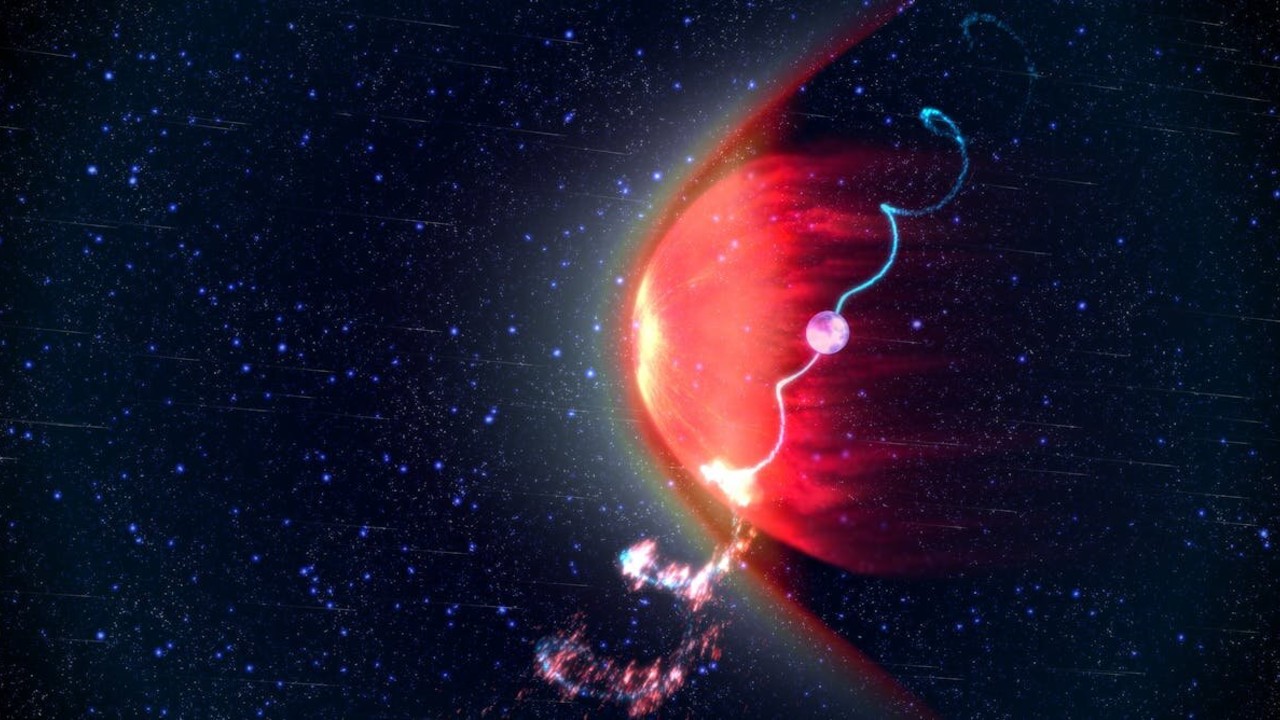Moon of Jupiter Could Support Life
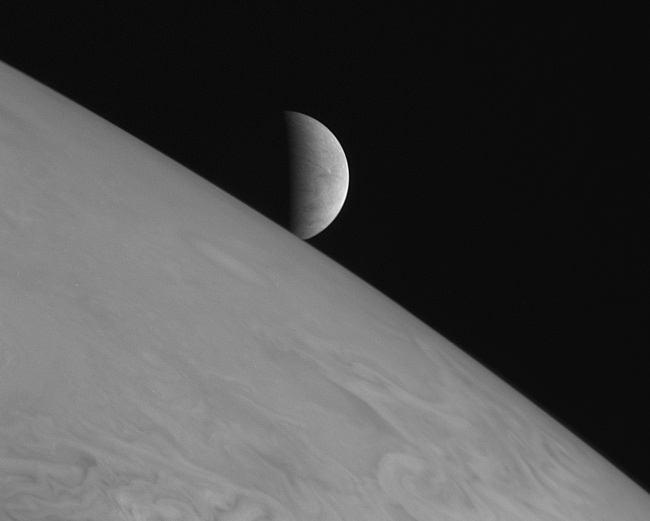
Jupiter?s moon Europa is flowing with a buried liquid waterocean that contains much more oxygen than previously thought ? enough topossibly support life, scientists say.
There is no solid evidence of life for anywhere besidesEarth, but Europa has long been considered a good place to look for biologicalactivity.
Europa?s ocean lies beneath severalmiles of ice, so scientists wondered whether it has much oxygen, which is thoughtto be created at the surface by interaction with energetic charged particlesfrom the sun. Scientists think oxygen is probably necessary for life'smetabolic processes, unless some creatures use exotic chemistry involvingsulfur or methane.
The globalocean on Europa contains about twice the liquid water of all the Earth?soceans combined. The new research suggests that there may be a hundred timesmore oxygen than previously estimated.
To probe how much oxygen might lie inthe ocean, Richard Greenberg of the University of Arizona studied Europa?ssurface, which appears to be only about 50 million years old - roughly 1percent of the age of the solar system - and continually reforming.
He considered three possible resurfacing processes:gradually laying fresh material on the surface, opening cracks which fill withfresh ice from below, and disrupting patches of surface in place and replacingthem with fresh material. Using estimates for the production of oxygen at the surface,Greenberg found that the delivery rate into the ocean is likely so fast thatthe oxygen concentration could exceed that of the Earth?s oceans in only a fewmillion years.
These concentrations of oxygen could be great enough tosupport not only microorganisms, but also larger animals that have greateroxygen demands, Greenberg said.
Get the Space.com Newsletter
Breaking space news, the latest updates on rocket launches, skywatching events and more!
The good news for the question of the originof life is that there would be a delay of a couple of billion years beforethe first surface oxygen reached the ocean. Without that delay, the firstpre-biotic chemistry and the first primitive organic structures would bedisrupted by oxidation, or rusting. Oxidation is a hazard unless organisms haveevolved protection from its damaging effects. A similar delay in the productionof oxygen on Earth was probably essential for allowing life to get startedhere.
Greenberg will present his findings Friday at the 41stmeeting of the American Astronomical Society?s Division for Planetary Sciencesin Fajardo, Puerto Rico.
- Image Gallery: Galileo's Legacy
- Video - A HotBot Might Explore Europa's Ocean
- Image Gallery: Jupiter's Moons
Join our Space Forums to keep talking space on the latest missions, night sky and more! And if you have a news tip, correction or comment, let us know at: community@space.com.

Space.com is the premier source of space exploration, innovation and astronomy news, chronicling (and celebrating) humanity's ongoing expansion across the final frontier. Originally founded in 1999, Space.com is, and always has been, the passion of writers and editors who are space fans and also trained journalists. Our current news team consists of Editor-in-Chief Tariq Malik; Editor Hanneke Weitering, Senior Space Writer Mike Wall; Senior Writer Meghan Bartels; Senior Writer Chelsea Gohd, Senior Writer Tereza Pultarova and Staff Writer Alexander Cox, focusing on e-commerce. Senior Producer Steve Spaleta oversees our space videos, with Diana Whitcroft as our Social Media Editor.
